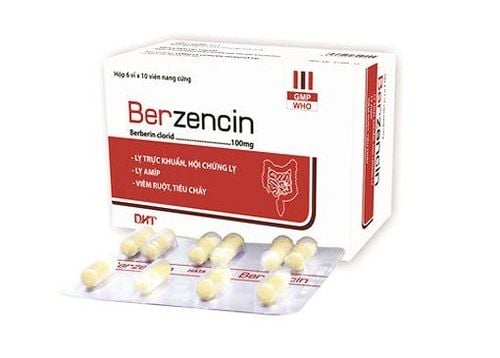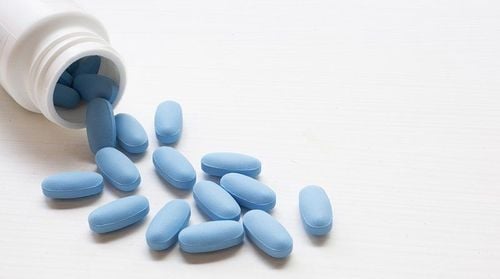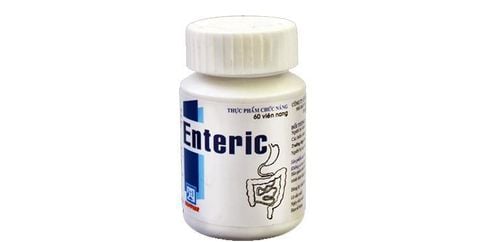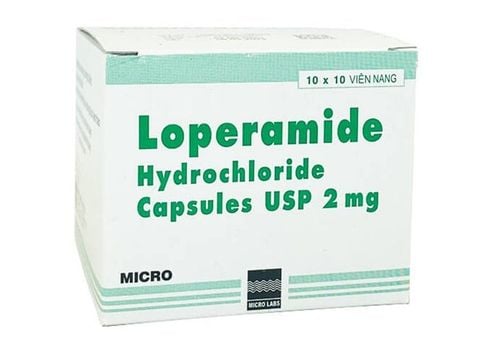This is an automatically translated article.
Diarrhea in children is a serious medical condition in children, which can lead to dehydration, loss of electrolytes and then death in severe cases. In order to treat diarrhea most effectively, we need to know the classification of diarrhea in children as well as the different manifestations of each disease, so that we can distinguish and treat it properly.
1. Diarrhea in children
Diarrhea in children is a rather dangerous disease, often seen in young children with the main manifestation being loose stools such as water, with blood in the stools or no, in which the number of loose bowel movements a day. Children usually more than 3 times and diarrhea in children can occur within 14 days. Diarrhea in children often leads to water and electrolyte disorders, causing malnutrition and even death if not treated promptly.
Causes of diarrhea in children are very diverse, in which Rotavirus is the most common cause. In addition, some bacteria and parasites are also capable of causing diarrhea in children such as E. Coli, Shigella bacteria, Campylobacter jejuni bacteria, Salmonella bacteria, or Vibrio cholerae, common parasites encountered are Entamoeba histolytica or Giardia lamblia.
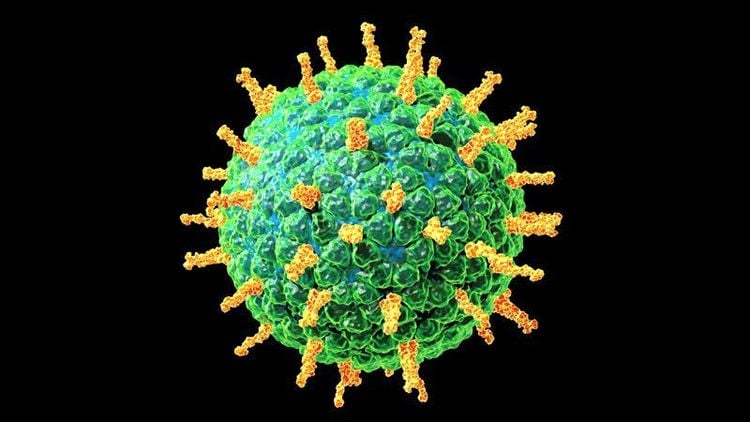
Rotavirus là nguyên nhân chính gây bệnh tiêu chảy ở trẻ
The way of infection of these pathogens into the body is usually through eating food contaminated with viruses, bacteria or contact with utensils contaminated with viruses and bacteria that cause diarrhea in children. this baby.
Common clinical symptoms of diarrhea in children are:
Children are tired, do not play, lose appetite or stop feeding; Vomiting suddenly; Watery stools, possibly bloody mucus in the stool; There are signs of dehydration such as irritability, body fatigue, sunken eyes...; There may be fever; Abdominal distension; There are also cases where children have to strain to have a bowel movement.
2. Classification of diarrhea
Classification of diarrhea can be based on the cause, divided into 2 main types: infectious diarrhea and non-infectious diarrhea:
Infectious diarrhea: also known as enteritis in children, usually caused by a number of causes such as dysentery bacilli, viruses, fungi, parasites... In addition, some other diseases such as respiratory infections, skin infections or infectious diseases can also lead to signs of diarrhea in children.

Tiêu chảy do nhiễm trùng thường do các loại nấm, ký sinh trùng gây ra
Non-infectious diarrhea: the cause of this condition is because the child is not properly nourished, the child is allergic to some foods such as lactose, cow's milk... or it can also be caused by the cause. The weather causes diarrhea in children. In addition, clinically, diarrhea in children is often divided into 3 disease types based on the nature of stool as well as the duration of diarrhea in children as follows:
Acute diarrhea: watery stools occur. in less than 14 days; Persistent diarrhea: loose, watery stools that last for more than 14 days; Dysentery syndrome: the child has loose stools with blood in the stool. In addition to classifying diarrhea in children, during clinical examination, it is necessary to further evaluate the degree of dehydration in children to investigate how dehydration is happening in the child's body, from which to have a treatment plan. Appropriate treatment:
Severe dehydration: lethargy, signs of coma, sunken eyes, unable to drink or drink poorly, skin pinching disappears very slowly (usually > 2 seconds); There is dehydration: the child is excited, struggling, eyes sunken, when giving water to the child, there are signs of eagerness to drink, the skin pinch disappears slowly (about 2 seconds); No dehydration: the child does not show signs of severe dehydration or is dehydrated.
3. Treatment of diarrhea
The principle of treating diarrhea in children is to treat dehydration in children, at the same time use antibiotics and treat complications caused by diarrhea in children such as electrolyte disorders, disorders. acid-base, acute renal failure, hypoglycemia, malnutrition ...
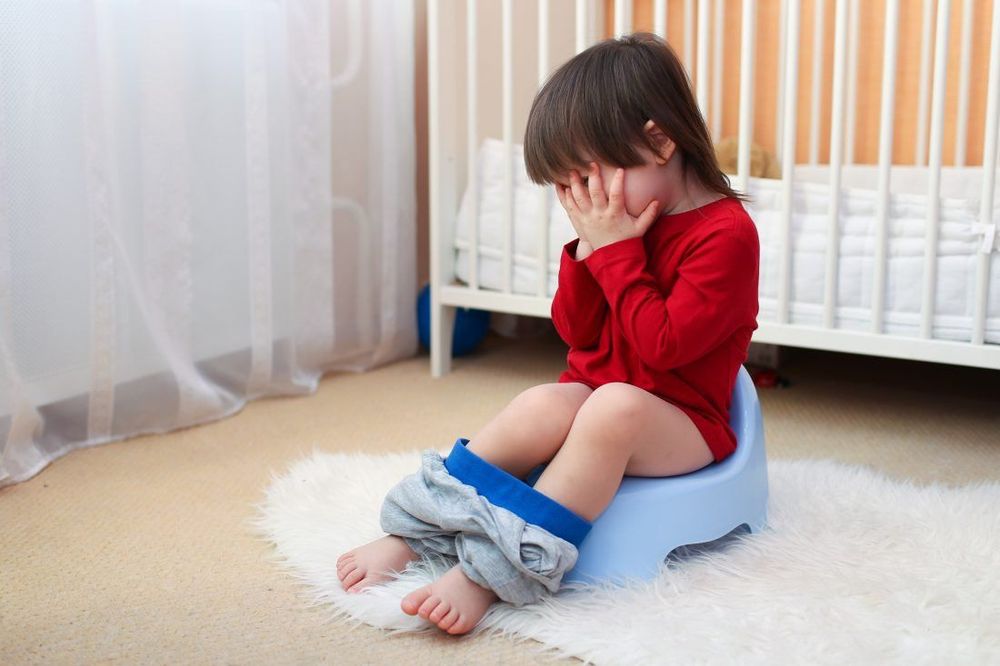
Bổ sung tình trạng mất nước hỗ trợ điều trị bệnh tiêu chảy ở trẻ em
In the case of children with severe dehydration or leading to shock, convulsions, electrolyte disturbances, this should be treated as soon as possible, then if the patient has hypoglycemia, then Give the patient 50ml of sugar water or use 30% Glucose solution IV intravenously.
If the child is dehydrated, rehydrate at home as follows:
Use Oresol 75ml/kg orally within 4-6 hours; If the child is under 6 months old and cannot breastfeed, add 100-200 ml of water to rehydrate; In the state that the child does not drink or drinks poorly Oresol solution, it should be taken to a medical facility to place a gastrostomy tube; If the child has abdominal distension and vomiting continuously 4 times / 2 - 4 hours, continuous large bowel movements more than 10 times, use lactate Ringer solution 75ml/kg intravenously in 4 hours. Some antibiotics can be used on patients with bloody stools such as Ciprofloxacin, Bactrim when thinking of cholera bacteria or Tetracyclines can be used as prescribed by the treating doctor.
Treatment of diarrhea in children should also pay attention to the nutritional status and hygiene in children, apply some of the following principles:
Have children eat enough nutrients, absolutely not because of vomiting or loose bowel movements, but give them to children. fasting because it will cause malnutrition; If the child is breastfed, continue to breastfeed, increasing the number of feedings per day; If the child is not breastfed, it is possible to use regular milk or formula milk that the child still uses and dilute it to make it easier for the child to absorb; If the child is over 6 months old, some foods can be added such as lean meat, fish... processed properly and hygienically; Wash hands thoroughly before eating, after going to the toilet;

Bé cần rửa sạch tay sau khi đi vệ sinh và trước khi ăn
Carry out cooked food and drink boiling; Ensure clean water source; Feces from sick children should be treated to avoid infecting the community.
4. Conclusion
Diarrhea in children is a very common clinical disease, causing fatigue, weight loss, electrolyte disturbances, malnutrition and can be dangerous to children's lives. Therefore, when there are any signs of diarrhea in children, parents need to take their children to reputable medical facilities for timely examination and treatment of diarrhea.
To prevent diarrhea caused by Rotavirus, you should give your child Rota vaccine according to the vaccination schedule of the Ministry of Health. Vinmec International General Hospital is currently implementing the Rota drinking service with many outstanding advantages:
Children will be examined and screened by pediatricians - vaccines specialists, fully screened for health problems and health, advice on preventive vaccines and injection regimens, how to monitor and care for children after vaccination before giving an indication to inject or take vaccines according to the latest recommendations of the Ministry of Health & Medical Organization world economy to ensure the best effect and safest for children. A team of experienced and professional pediatric doctors and nurses, understand children's psychology and apply effective pain relief methods for children during the vaccination process.
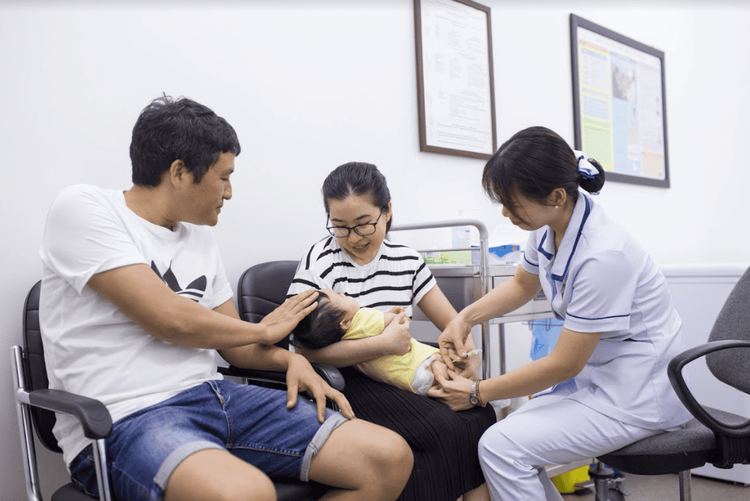
Đội ngũ bác sĩ giàu kinh nghiệm sẽ giúp quá trình tiêm chủng diễn ra thuận lợi
100% of vaccinated children are monitored 30 minutes after injection or oral administration and reassessed before leaving. Undertake medical supervision before, during and after vaccination at Vinmec Health System and always have an emergency team ready to coordinate with the vaccination department to handle cases of anaphylaxis, respiratory failure - circulatory arrest, ensuring Ensure timely and correct handling when incidents occur. The vaccination room is airy, with a play area, helping children feel comfortable as if they are walking and have a good mentality before and after vaccination. Vaccines are imported and stored in a modern cold storage system, with a cold chain that meets GSP standards, keeping vaccines in the best conditions to ensure quality. Parents will receive a reminder message before the vaccination date and their child's vaccination information will be synchronized with the National Immunization Information System. In the first years of life, children's resistance and immunity are not yet complete, so they are easy to catch life-threatening infectious diseases: diarrhea, chickenpox, encephalitis, whooping cough, measles, .. .So, schedule your baby's vaccination package at Vinmec so that the child can develop the healthiest and most comprehensive.
To register for vaccination at Vinmec International General Hospital, please click the "Contact Us" button on the website or register online HERE.
Recommended video:
The best time for children to take Rota vaccine
MORE:
Treatment of infectious diarrhea in children Treatment of diarrhea in children: When to take antibiotics? Prevention and treatment of acute diarrhea in children




